On Monday, 16/3/1442 A.H., Prof. Dr. Abdulrahman bin Hamad Al-Dawood, President of the University, sponsored the launch of the University's participation in the "Qassim Green Earth" campaign, launched by His Royal Highness Prince Dr. Faisal bin Meshal bin Saud bin Abdulaziz, Emir of Qassim, which continues for 30 days, as the University is participating in its sixth phase for the sixth time in a row.
The UQU President also launched the "Plant it" initiative launched by the university on Twitter today, which will last for 30 days. He planted the first seedlings of the campaign, and thanked the Deanship of Student Affairs and the participating stakeholders, saying "God willing, we will see the university city as a green land", in the presence of the UQU Vice President, Dr. Mohammed Al-Saawi, and the Vice President for Planning, Development and Quality, Prof. Khalid Al-Harbi, at the main entrance of the university city, in the presence of the UQU Vice President, Dr. Mohammed Al-Saawi, and the UQU Vice President for Planning, Development and Quality.
Following the inauguration of the university's participation, Al-Dawood opened the exhibition accompanying the campaign, which is organized by the Deanship of Student Affairs, in cooperation with the College of Agriculture and Veterinary Medicine and the General Administration of Services and Maintenance, and contains 10 corners, starting with the corner of the implementation stages of the campaign, which aims to plant 100 thousand seedlings, to afforest the main headquarters in Al-Malida, afforest the student housing, the scout camp, public and wild places in the region, afforest the southern branch and its affiliated colleges, and afforest the western branch and its affiliated colleges.
The exhibition includes several corners of the College of Agriculture and Veterinary Medicine, namely: Soil Types Corner, Tree and Plant Types Corner, Hydroponics Corner, Tree Health Care Corner, Modern Irrigation Corner, Seedling Planting Methods Corner, Health Corner, as well as a special corner for illegal logging and its impact on the environment.
For its part, the General Administration of Services at the university reviewed the future afforestation projects through a plan to plant 1000 palm trees, plant 4000 shade trees, rehabilitate and plant faculty members' housing with more than 5000 trees, palm trees, shade trees, and flowering shrubs, in addition to planting 1000 shade trees and 800 Washingtonia palms. The administration also reviewed the afforestation statistics, which included in 2017 planting 37,300 seedlings, in 2018 planting 44,960 seedlings, and in 2019 planting 56,290 seedlings, totaling 138,550 seedlings.
The university aims to increase the green area in the university city, expand the afforestation works, and increase the percentage of the total green areas in the university city by planting, spreading and intensifying afforestation throughout the university city, while making optimal use of treated water in irrigation works, which contributes to improving air quality and reducing temperatures in the university city and all university sites in various governorates.




